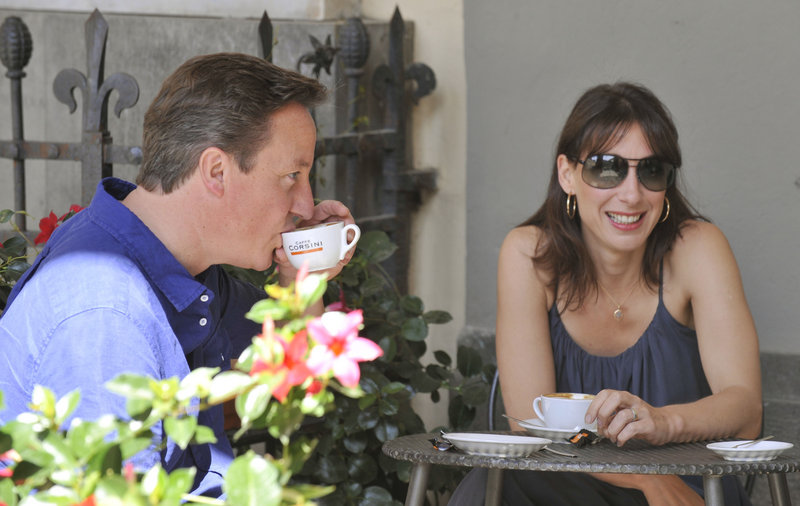BRUSSELS — As the European economy teeters on the precipice, French President Nicolas Sarkozy is by the Mediterranean in his swimming trunks. His prime minister is vacationing in Tuscany.
The entire 15-member Cabinet of debt-ridden Ireland has left Dublin, though the finance minister is taking calls from his home in Limerick, and the European Union is pretty much shut.
Europeans have always treasured their long summer vacations, and that goes for their leaders as well. But some analysts say this has left the continent rudderless just when firm action is needed.
“Of course, it sends a terrible signal to the markets when the governments of Europe decamp on their holidays in the middle of a crisis,” said David Marsh, the author of a book titled, “The Euro: The Battle for the New Global Currency.” “It does considerable reputational damage when the situation actually demands decisiveness.”
Those government spokesmen who can be reached say none of this makes any difference. Never mind that questions have arisen about the sustainability of debt loads in Italy and Spain – economies much bigger and harder to rescue than those of the euro-using countries that have already been bailed out: Greece, Ireland and Portugal.
What with mobile phones and laptops, European leaders can conduct business from anywhere, including, presumably, poolside. The mantra of the month for European spokespeople is “constant contact,” as in my boss is in constant contact with other European leaders, even though photos have appeared of him riding a bike or climbing a mountain.
For example, an official in the office of Austrian Chancellor Werner Feyman – speaking on condition of anonymity in exchange for divulging sensitive information – acknowledged that his boss was on holiday “somewhere in Europe,” though “constantly on the phone.”
Asked whether Jose Manuel Barroso, president of the European Commission, the EU’s executive arm, was on vacation, spokeswoman Karolina Kottova scrupulously avoided using the V-word in her reply: “The president attends his duties and he is in regular contact with various leaders,” she said. “He is constantly available and is basically working, not in Brussels …”
The issue has gained enough traction among the public — not all of whom can afford trips to Disneyland or the French Riviera – that Britain’s deputy prime minister, Nick Clegg, felt moved to mount a stern defense of government by dispersion.
“I reject completely this notion that somehow this government hasn’t been functioning very effectively last week and this week …,” Clegg said Monday. “We are in constant contact with each other and we are working effectively together as a team this week as we do every week of the year.”
British Prime Minister David Cameron had been on vacation in Tuscany, but he hurried back to London on Monday evening – though in response to Britain’s rioting rather than to deal with economic disarray.
British Chancellor George Osborne cut short a trip to California, where he rode the Jurassic Park log flume at Universal Studios in Los Angeles, and was due to address Parliament on the financial crisis on Thursday.
Not everyone buys the argument that vacations make no difference at a time when markets around the world have been rocked and many experts say the global economy risks falling into a second recession.
“August has been a sacrosanct month in Europe for generations, and government leaders always take time in August for themselves,” the U.S. energy consulting firm Cameron Hanover said in a report Monday. “This year, that stubborn insistence is hurting the global economy.”
Copy the Story Link
Send questions/comments to the editors.



Success. Please wait for the page to reload. If the page does not reload within 5 seconds, please refresh the page.
Enter your email and password to access comments.
Hi, to comment on stories you must . This profile is in addition to your subscription and website login.
Already have a commenting profile? .
Invalid username/password.
Please check your email to confirm and complete your registration.
Only subscribers are eligible to post comments. Please subscribe or login first for digital access. Here’s why.
Use the form below to reset your password. When you've submitted your account email, we will send an email with a reset code.